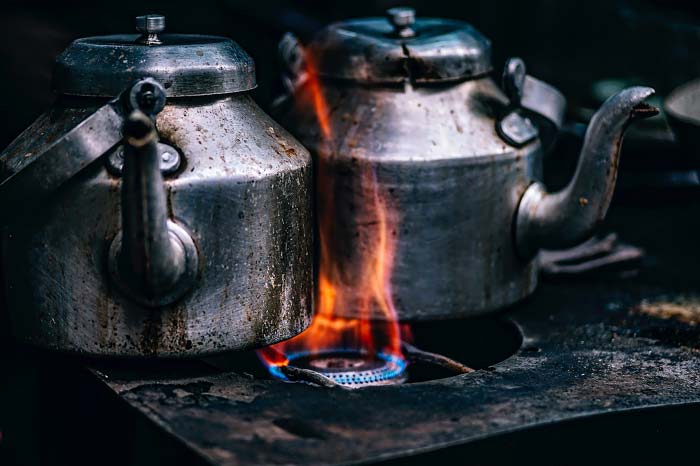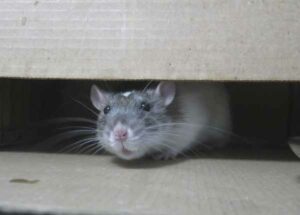Did you know that the leading cause of fires in the home is cooking equipment? And that heating appliances are the second most common cause of home fire fatalities. Read on to take in some fire safety advice to protect your home and family.

Such calamities are usually avoidable with some forethought, caution, and safety measures put into place. Make your home safe from fire with these simple measures.
A working smoke detection system is a must!
Let’s get the most basic step out of the way first. Working smoke detectors go a long way in protecting your home from a possible fire getting out of hand. Yes, they are loud and make a racket if they get set off accidentally, but it is totally worth that rare, and comparatively, mild discomfort when compared to the early warning and detection that a smoke detector and alarm offers in the case of an actual fire breaking out.
Especially since the research points to cooking fires as the top cause of a home fire. Install a few at strategic points in the home. Make sure they have fresh batteries and occasionally burn your toast to make sure they work. Insurance may not cover you if you don’t have a smoke detector, so make sure you install one.
Never leave a flame untended
When you have a pot on the stove, something on the broil, or grilling, don’t let anything distract you. Pay particular attention when frying, and take immediate action if the oil starts to smoke.
If you have to go answer the door or run an errand then turn off the flame. If you feel you may forget, or have something that is going to be simmering away for ages, then always set a timer. Not just for the end of the cooking process, but periodically, so you remember to check on the situation.
Such vigilance can make the difference between a burnt dish or a kitchen in ruin! Burning oil in pans is a very common cause of house fires.
Do not play chef when intoxicated
The smart thing to do when under the influence (or on medication that makes you sleepy) is to stay out of the kitchen! Cooking when you are less than a
Much like you shouldn’t be driving or operating heavy machinery when under the influence of alcohol or prescription drugs, you probably shouldn’t be cooking either.
Be careful when attempting to douse a fire out
Alongside the effects of
Make sure you know how to use a fire extinguisher and that you have the correct type of extinguishing material. People get injured when in the heat of the moment they try to extinguish the flame with the fire extinguisher and don’t handle it correctly. Never try to use water to put out an oil, chemical, or electrical fire as it will just make it worse.
Keep your fireplace serviced
Another major cause of home fires is heating systems. In the winter months, there is a greater likelihood of home fires breaking out due to poorly maintained fireplaces. Set up a reminder to get chimneys cleaned regularly. And always take the time to do an inspection before
Maintain electrical wiring
This is a twofold step. Regularly inspecting the wiring and sockets across the home helps ensure there are no sparks and breaks, corroded elements or hot spots. These could initiate a spark that could turn into a flame and engulf your home. Also, test the circuit breakers in the panel.
DIY is great, but when it comes to electrical fixes unless you have the knowledge it is best to go with a professional, especially if the required repair is complex. Improperly done electrical jobs are contributors to home fires. All electrical works require a code of compliance and sign-off from a registered electrician.
Reduce dryer fire risks
First and most important is to have the right ventilation system for your particular dryer installed. Get your dryer inspected to ensure it has been correctly fitted. Consider getting a professional cleaning of your dryer – the duct and cabinet, or else make sure you learn to do it at yourself properly.
Lint builds up in the dryer, and apart from reducing the efficacy of your dryer and drawing more energy (and thereby increasing your electricity bill!), it can also cause a fire to break out. So, as a matter of practice, clean your lint filter after each use. If you use the dryer infrequently, clean it before each use.
In the event that a fire took place in your home, you might be interested in What Do I Do After a House Fire.



